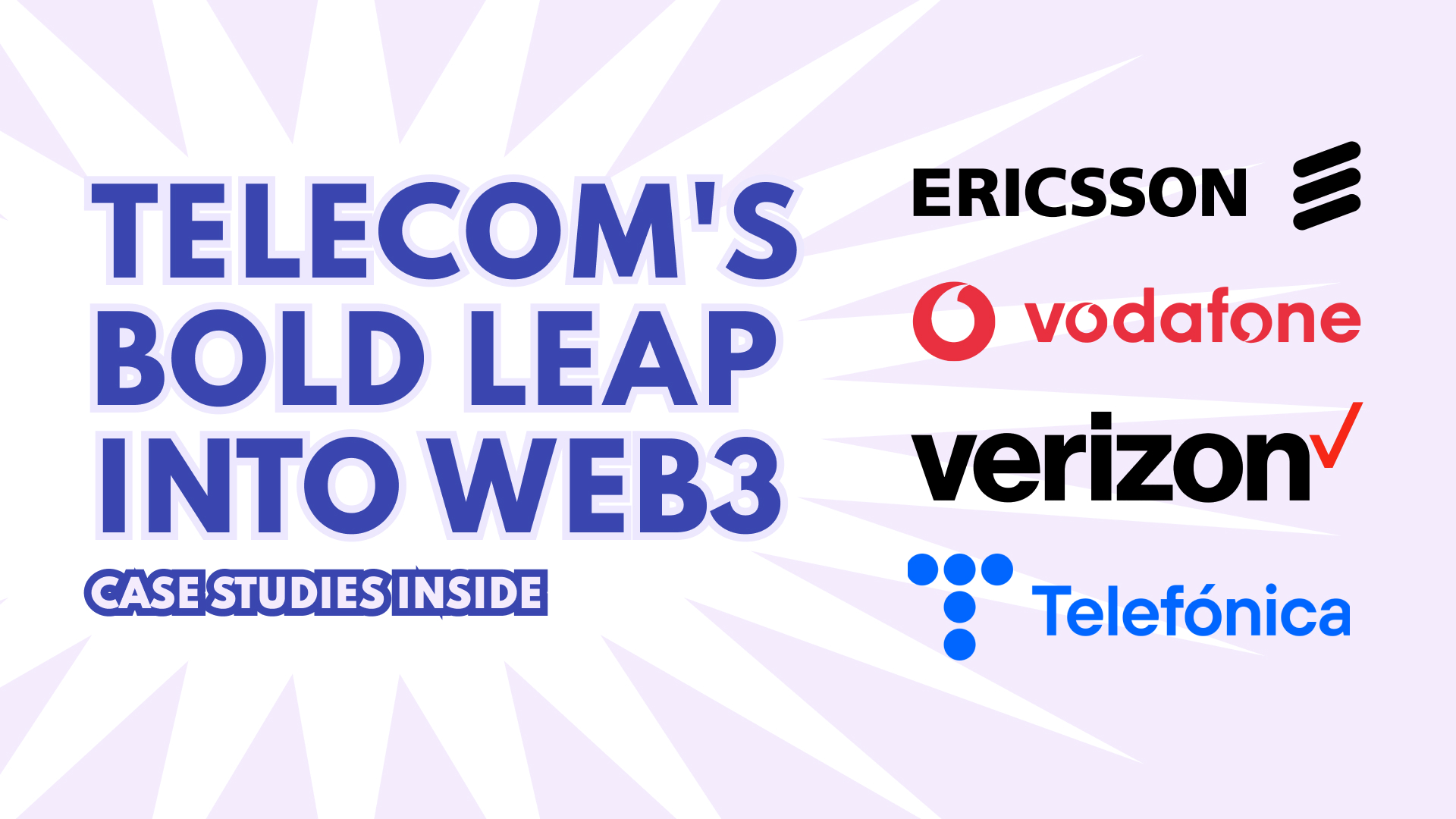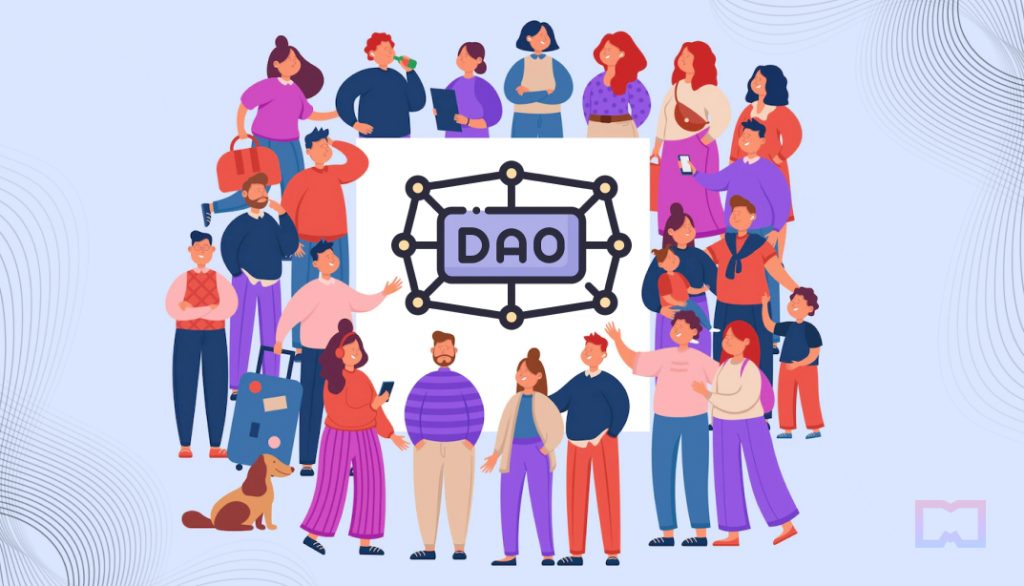.blockchain18 July 11:00
0<
Web3 in the Telecom Industry: The Next Frontier | The Cymes Media
/>Discover the revolutionary impact of Web3 in the telecom sector! Explore smart contracts, DApps, and blockchain-based solutions reshaping the industry. Read more at The Cymes Media be updated on the latest tech newsGet exclusive news updates and overview on tech market




